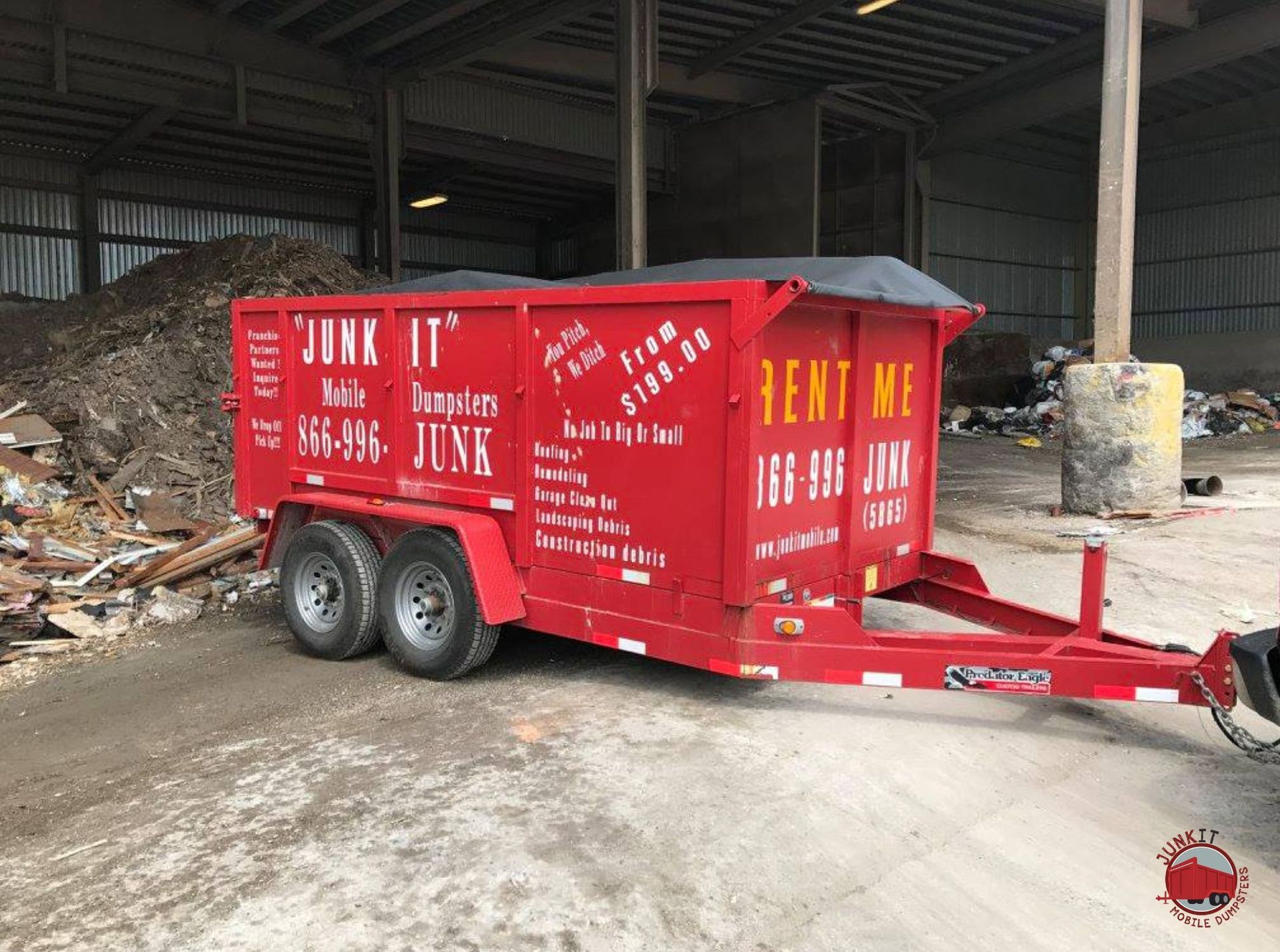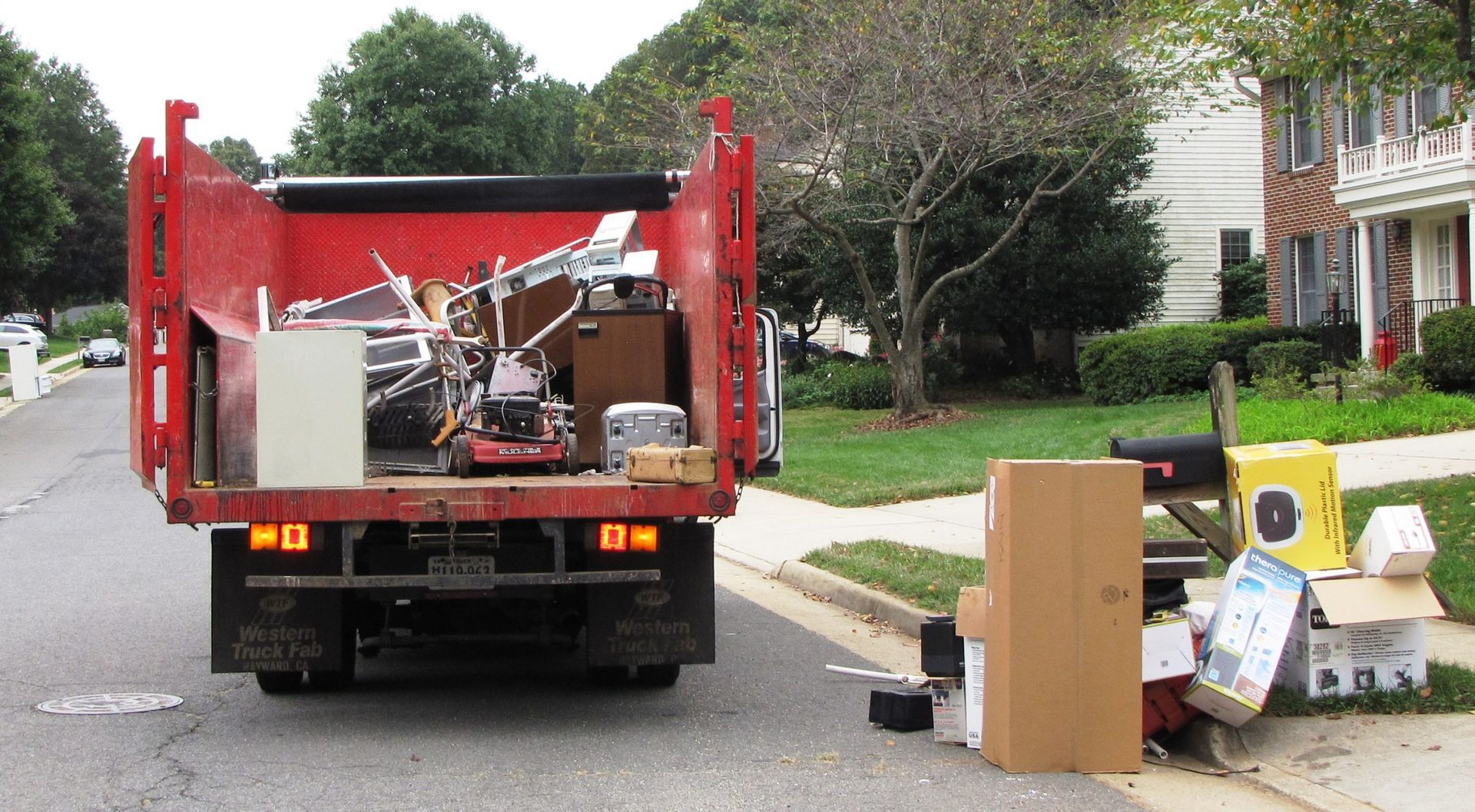Reducing Construction Delays: How Mobile Dumpster Services Improve Efficiency
The Cost of Construction Delays

Construction projects are complex endeavors that require precise planning, coordination, and execution. One of the common challenges faced by construction teams is the efficient management of construction waste. The accumulation of debris not only poses safety risks but can also lead to significant delays if not handled promptly. In this comprehensive guide, we will explore the impact of construction delays, the role of waste management, and how mobile dumpster services play a crucial role in improving efficiency and reducing setbacks in construction projects.
1. Financial Implications:
- Delays in construction projects often result in increased costs. Extended project timelines lead to additional labor expenses, equipment rentals, and overhead costs that can strain budgets and reduce profit margins.
2. Contractual Penalties:
- Many construction contracts include penalty clauses for delays. Missing project milestones and deadlines can trigger financial penalties, affecting the overall profitability of the project.
3. Reputation Damage:
- Construction delays can tarnish the reputation of construction firms. Clients, stakeholders, and the public may perceive delays as a lack of professionalism, potentially impacting future business opportunities.
4. Lost Productivity:
- Extended project timelines often lead to decreased productivity as construction teams wait for critical tasks to be completed. This idle time can result in underutilized labor and equipment resources.
The Role of Construction Waste Management
Efficient waste management is a critical component of construction project success. Construction sites generate a substantial amount of debris, including materials such as concrete, wood, metal, and packaging. If not managed properly, this waste can impede progress and contribute to construction delays.
1. Safety and Compliance:
- Unmanaged construction waste poses safety risks to workers and can lead to regulatory non-compliance. Ensuring proper disposal of materials is essential to maintain a safe and compliant work environment.
2. Site Organization:
- A cluttered and disorganized construction site can slow down operations. Proper waste management contributes to site organization, making it easier for construction teams to navigate and complete tasks efficiently.
3. Environmental Considerations:
- Responsible waste management includes recycling and environmentally friendly disposal practices. Meeting sustainability goals not only benefits the environment but can also contribute to positive project perceptions.
4. Material Reuse:
- Some construction waste materials can be reused or repurposed. Implementing strategies for material reuse not only reduces waste but can also lead to cost savings on new materials.
The Efficiency Boost of Mobile Dumpster Services
Mobile dumpster services offer a versatile and efficient solution to the challenges of construction waste management. These services involve the use of mobile dumpsters or roll-off containers that can be transported to and from construction sites as needed. Here's how mobile dumpster services contribute to reducing construction delays:
1. On-Demand Waste Removal:
- Mobile dumpster services provide construction teams with the flexibility to schedule waste removal as needed. This on-demand approach ensures that construction sites remain clear of debris, preventing delays caused by cluttered workspaces.
2. Strategic Placement:
- Mobile dumpsters can be strategically placed at various locations within the construction site, optimizing accessibility for different project phases. This reduces the time workers spend transporting waste to a central collection point.
3. Timely Debris Removal:
- Prompt removal of construction debris is crucial for maintaining project momentum. Mobile dumpster services ensure that waste is collected and transported away from the site in a timely manner, preventing the accumulation of materials that could impede progress.
4. Customized Dumpster Sizes:
- Construction projects vary in size and scope, and so do waste management needs. Mobile dumpster services offer a range of container sizes, allowing construction teams to choose containers that match the specific requirements of their projects.
5. Efficient Sorting and Recycling:
- Many mobile dumpster services have systems in place for sorting and recycling construction waste. This not only contributes to environmental sustainability but also streamlines the disposal process, reducing the volume of materials sent to landfills.
6. Minimized Disruption:
- Traditional waste removal methods, such as waiting for municipal services, can disrupt construction timelines. Mobile dumpster services minimize this disruption by providing a dedicated waste removal solution that aligns with the project's schedule.
7. Improved Site Safety:
- A clutter-free construction site is a safer construction site. Mobile dumpster services contribute to improved site safety by ensuring that debris is promptly removed, reducing the risk of accidents and injuries.
8. Cost-Effective Solutions:
- Mobile dumpster services offer cost-effective waste management solutions. The flexibility to schedule waste removal as needed helps construction teams optimize resource utilization and avoid unnecessary expenses associated with delays.
Best Practices for Implementing Mobile Dumpster Services
To maximize the efficiency gains from mobile dumpster services and minimize construction delays, construction teams can adopt the following best practices:
1. Early Planning:
- Incorporate waste management planning into the early stages of project development. Consider factors such as the size of the project, the types of materials to be used, and the expected volume of waste generated.
2. Collaboration with Service Providers:
- Establish clear communication and collaboration with mobile dumpster service providers. Discuss project timelines, waste removal schedules, and any specific requirements for debris disposal.
3. Regular Monitoring:
- Implement a system for regular monitoring of waste accumulation on the construction site. Adjust waste removal schedules as needed to ensure that dumpsters are emptied before reaching capacity.
4. Worker Training:
- Train construction workers on the proper use of mobile dumpsters and waste disposal protocols. This includes segregating recyclable materials and hazardous waste, if applicable.
5. Container Placement Strategy:
- Develop a strategic plan for placing mobile dumpsters at locations that optimize accessibility for different project phases. This may involve relocating containers as the construction site evolves.
6. Documentation and Reporting:
- Maintain accurate documentation of waste removal activities. This includes recording the types and quantities of materials disposed of, recycling rates, and any incidents related to waste management.
7. Continuous Improvement:
- Periodically review and assess the effectiveness of mobile dumpster services in reducing construction delays. Identify areas for improvement and implement changes to optimize waste management processes.
8. Adherence to Regulations:
- Ensure compliance with local regulations regarding waste disposal and recycling. This includes proper handling of hazardous materials and adherence to environmental standards.
All Rights Reserved | Junk It Mobile Dumpsters
Website Managed by
Leads By Vinny



